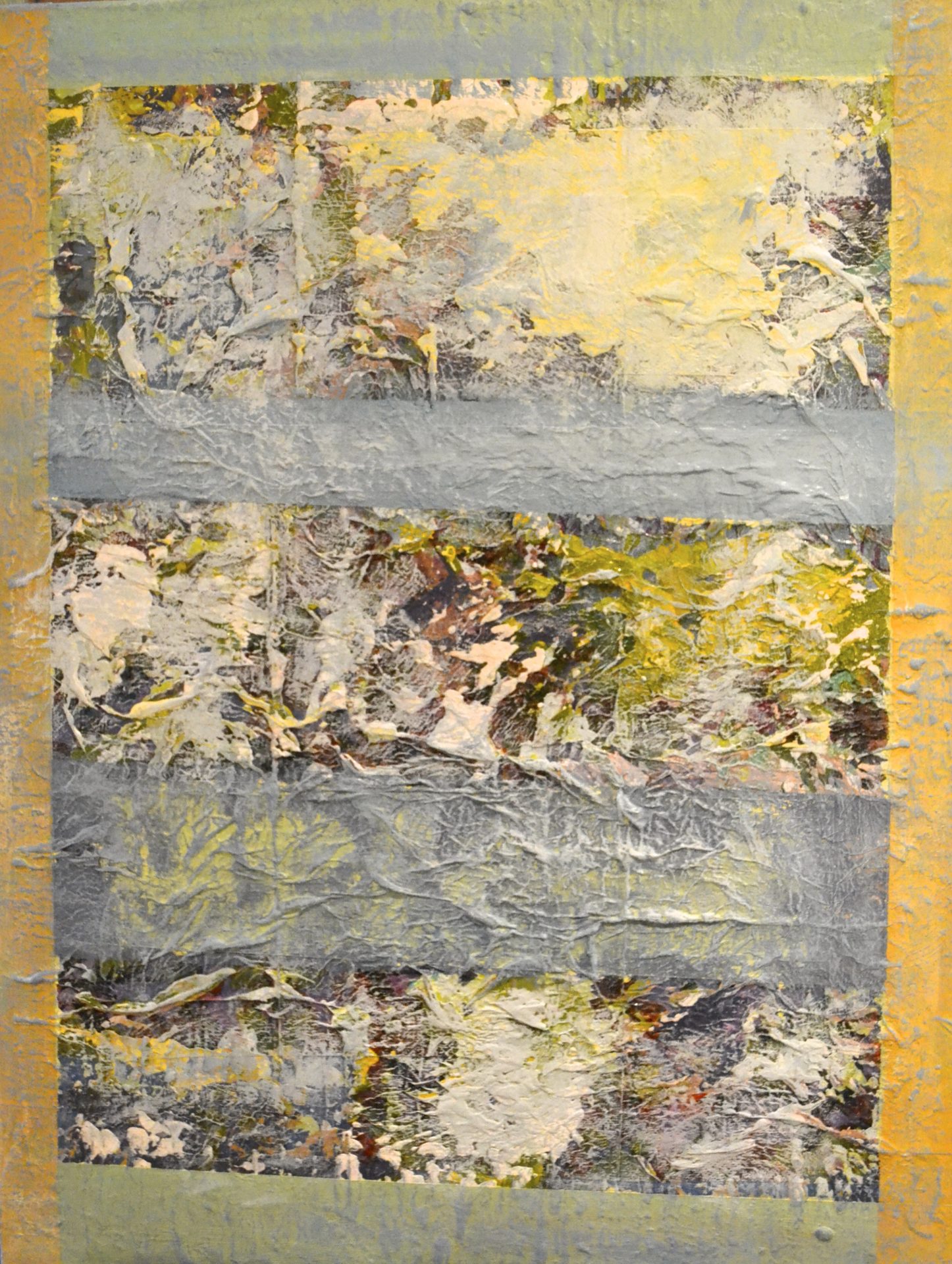



Like others, I am re-committing to crip, queer, decolonize, and unsettle my own research practices, creative pursuits, and artful politics ( Changfoot et al.

Writing this was only possible with the support and care of my long-time research assistants (RAs), Melissa Baldwin and Ziysah von Bieberstein, who offered discussions, literature review, editing, and transcription of my voice memos. I struggled to even write this article as I am often horizontal or experiencing brain fog. I find myself unable to “return to normal” following clinical burnout, breast cancer, and multiple pandemic upheavals ( Krebs 2022). So many of us are struggling from the fallout of this mass-disabling and alienating pandemic ( Barbarin 2021). I am a changed person from the one who embarked on an academic career a decade ago, and even from the one who proposed to be part of this Special Issue last year. Reworlding research reaches toward making the next world through practices of sharing stories, listening, and visiting, in old and new ways. I understand reworlding as generating alternative ways of being, knowing, and relating, outside of existing colonial structures, and making future worlds in the present moment through the ways we relate, imagine, and act ( Carter et al. 2 Crip time and radical care are co-creations of crip existence, necessary for both survival and transformative reworlding toward just, livable, crip, decolonial, anti-capitalist futures ( Hobart and Kneese 2020 Piepzna-Samarasinha 2022). By radical care, I mean the practice of taking care of ourselves as interwoven with taking care of each other ( Piepzna-Samarasinha 2018a) this valuing of interdependence confronts the individualism at the core of capitalism and its self-care industry. I understand these shifts in tempo as necessary in order to survive, resist, and transform abled modes ( Samuels 2017 Krebs 2022). This means simultaneously transforming academic institutions, refusing internalized pressures, reclaiming interdependence, and valuing all care work in whatever time it takes.īy crip time, I mean the non-linear, unpredictable, ever-changing, or multiply enfolded temporalities of being disabled ( Kafer 2021). Indeed, they can also carry out this work by actively imagining the crip futures they are striving to make along any/all trajectories and temporalities. The article concludes that researchers can commit to recognizing crip time, valuing it, and caring for those living through it, including themselves, not only/necessarily by slowing down. Crip time, by contrast, involves multiply enfolded temporalities imposed upon (and reclaimed by) many researchers, particularly those living with disabilities and/or chronic illness. It offers critical reflection on the limits of the neoliberal academy and possibilities for practicing liberatory politics within it, posing two central questions: What does it mean to crip time and centre care as an arts-based researcher? What might a commitment to honouring crip time based on radical care do for the author and their scholarship, and for others aspiring to conduct reworlding research? This analysis suggests that while committing to “slow scholarship” is a form of resistance to ableist capitalist and colonial pressures within the academy, slowness alone does not sufficiently crip research processes. This article brings together critical disability scholarship and personal narrative, sharing the author’s pandemic story of disruption, caregiving, grief, burnout, cancer, and post-operative fatigue.


 0 kommentar(er)
0 kommentar(er)
